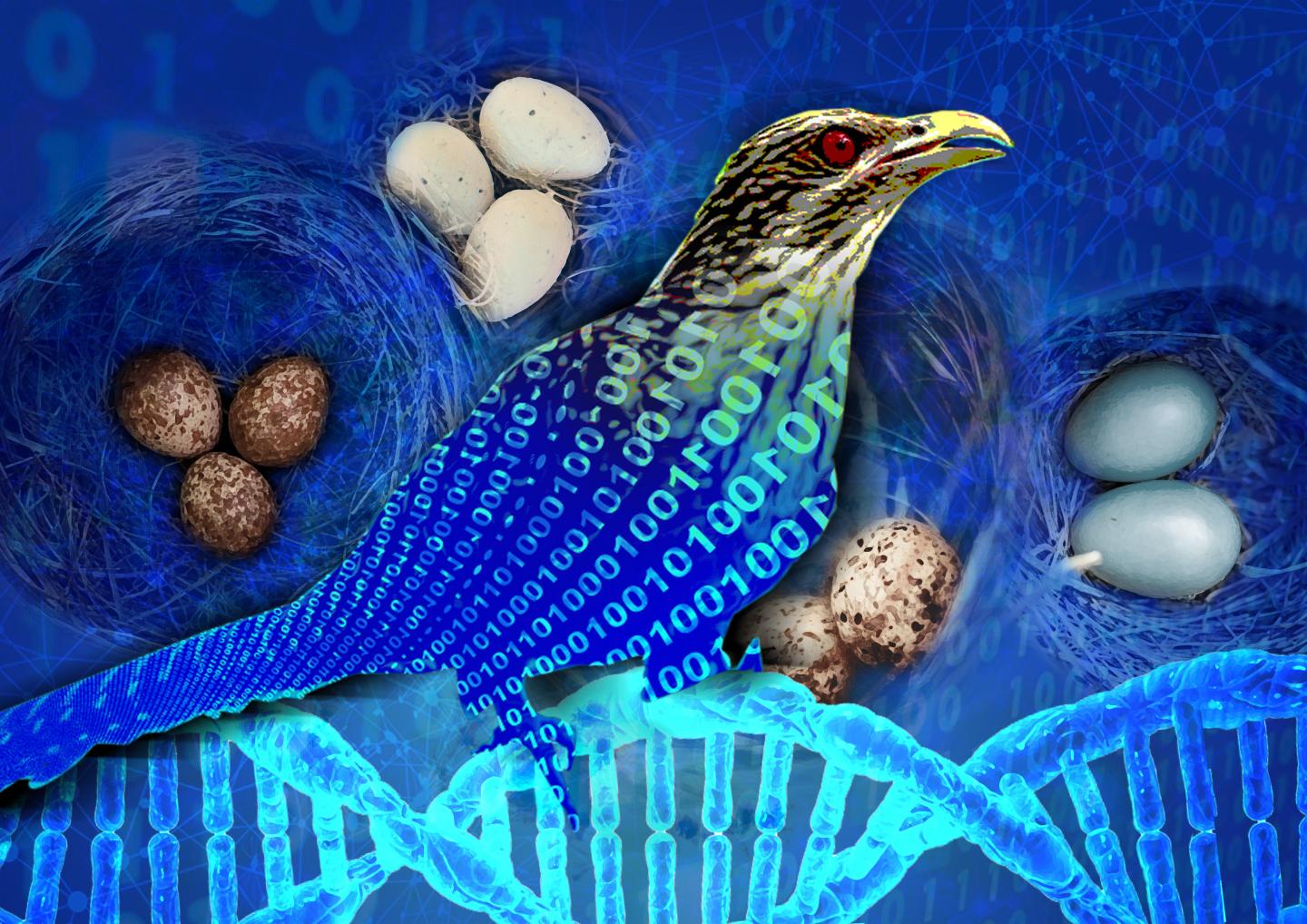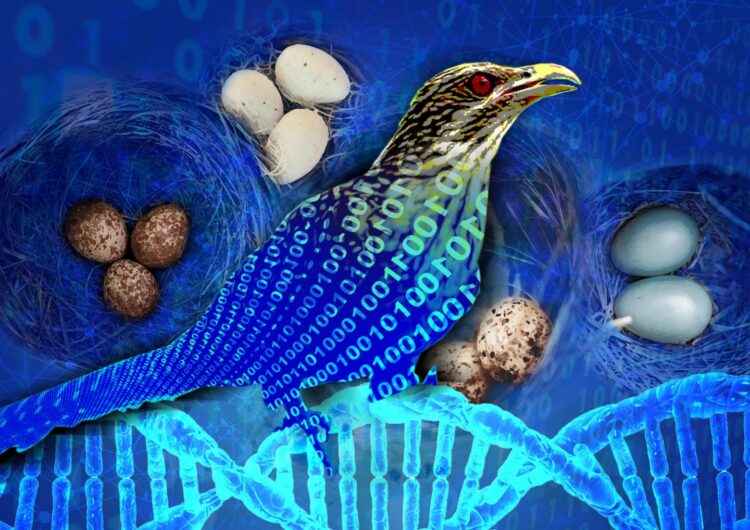
Credit: U.S. Department of Energy, Ames Laboratory
Computational materials science experts at the U.S. Department of Energy’s Ames Laboratory enhanced an algorithm that borrows its approach from the nesting habits of cuckoo birds, reducing the search time for new high-tech alloys from weeks to mere seconds.
The scientists are investigating a type of alloys called high-entropy alloys, a novel class of materials that are highly sought after for a host of unusual and potentially beneficial properties. They are lightweight in relation to their strength, fracture-resistant, highly corrosion and oxidation resistant, and stand up well in high-temperature and high-pressure environments — making them attractive materials for aerospace industry, space exploration, nuclear energy, and defense applications.
While the promise of these materials is great, they present major difficulties to scientists attempting to search for and customize them for use in technologies. Because these alloys are constructed of five or more different elements, they are expensive and difficult to develop and search experimentally, making an Edison-like approach a nonstarter. With so many ingredients, and so many different ways to construct them, there are nearly endless permutations of recipes for their design. Among literally billions of options, how do researchers narrow their search to a few excellent potential candidates for an application?
The answer in this case is an evolutionary algorithm, using a hybrid version of a computer program developed ten years ago, called Cuckoo Search (CS). Cuckoo birds are brood parasites, laying their eggs in the nest of a host bird such that they end up rearing the bigger, stronger cuckoo chick as one of its own.
“This ‘survival of the fittest’ strategy from the behavior of birds is the idea behind Cuckoo Search,” said Duane Johnson, a computational materials scientist at Ames Laboratory. Each egg represents a possible solution, competing to be the best solution in any given nest in a fixed number of possible nests. The best solution of each nest competes against other nests, until the best solution is found.
The Ames Laboratory team put a twist on the Cuckoo Search, which greatly speeded up the process of locating ideal alloys or the best “egg” within a huge number of possibilities. The original CS takes advantage of a mathematical concept called Lévy flight, which computational theorists use to their advantage in searching extremely large data sets. But, while this method works for large data sets, the Ames Lab team found that pairing another mathematical concept, a Monte Carlo algorithm, with Lévy flight, greatly reduced the time to achieving optimal candidates for high-entropy alloys, providing optimal models almost on the fly.
“With the model-building bottleneck eliminated, computational design can be performed that is currently impractical, said Johnson, “As our hybrid CS is problem-agnostic, it offers application in optimization in many diverse fields.”
###
The research is further discussed in the paper “Accelerating computational modeling and design of high-entropy alloys,” authored by Rahul Singh, Aayush Sharma, Prashant Singh, Ganesh Balasubramanian, and Duane D. Johnson; and published in Nature Computational Science.
Ames Laboratory is a U.S. Department of Energy Office of Science National Laboratory operated by Iowa State University. Ames Laboratory creates innovative materials, technologies and energy solutions. We use our expertise, unique capabilities and interdisciplinary collaborations to solve global problems.
Ames Laboratory is supported by the Office of Science of the U.S. Department of Energy. The Office of Science is the single largest supporter of basic research in the physical sciences in the United States, and is working to address some of the most pressing challenges of our time. For more information, please visit https:/
Media Contact
Laura Millsaps
[email protected]
Original Source
https:/





